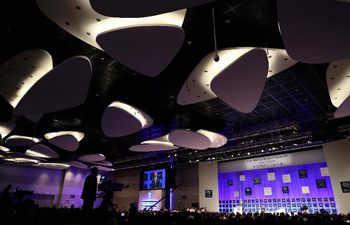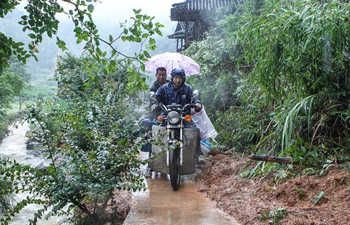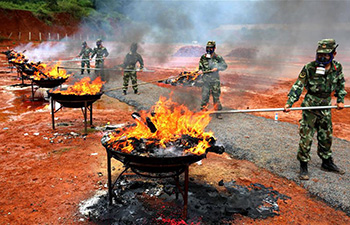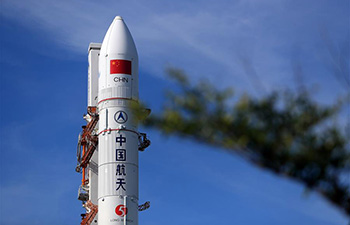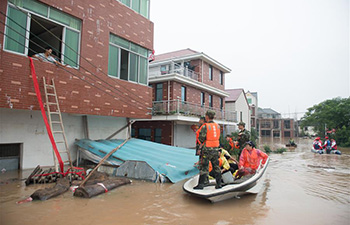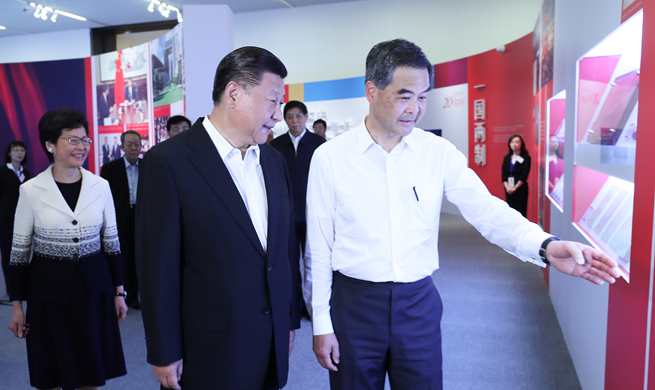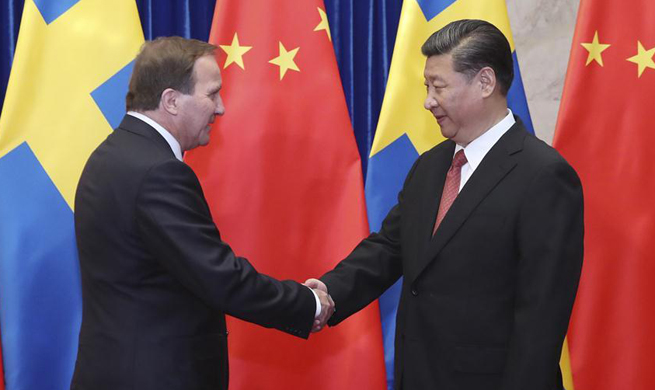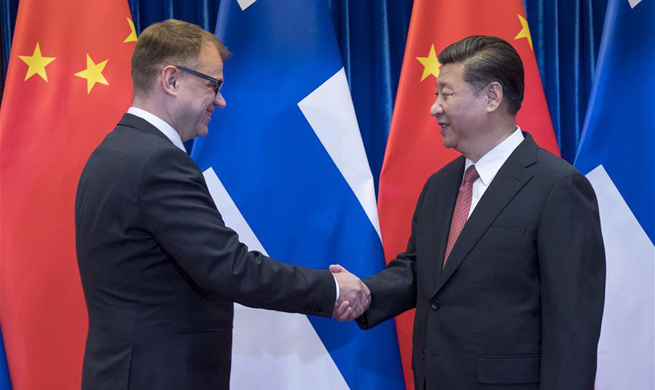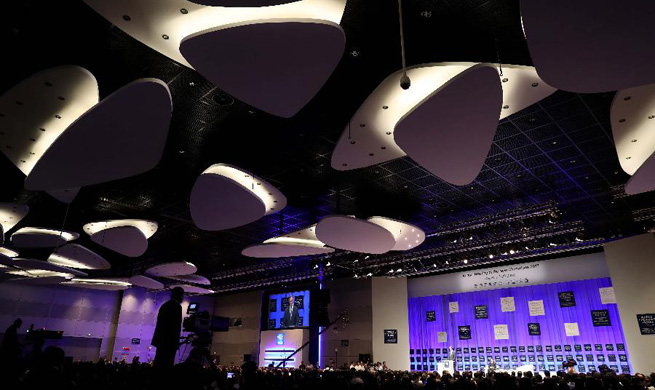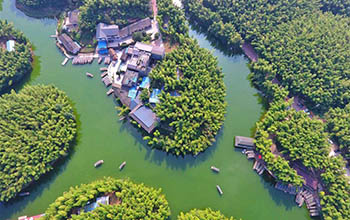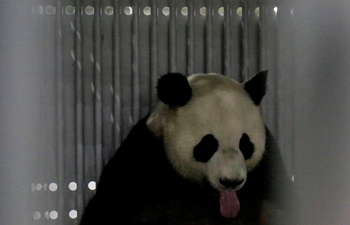SEOUL, June 27 (Xinhua) -- South Korean National Assembly Speaker Chung Sye-kyun said Tuesday that he will push for the meeting with his counterpart of the Democratic People's Republic of Korea (DPRK) as part of efforts to find a way to resolve the Korean Peninsula issues.
Chung made the remarks at an opening ceremony of the second annual Meeting of Speakers of Eurasian Countries' Parliaments. The inaugural meeting was held in Russia last year.
The three-day meeting, co-hosted by South Korea's unicameral assembly and the State Duma, the lower house of Russia's parliament, brought together parliamentary leaders from 25 Asian and European countries.
The South Korean speaker emphasized the need for his dialogue with his DPRK counterpart, but did not elaborate on how to realize it.
Chung said clues to resolving the DPRK issues would be found only when dialogue runs in parallel with sanctions, noting that such efforts would be needed for development and prosperity in Eurasia as well as for peace in the Korean Peninsula and Northeast Asia.
Citing the DPRK's continued nuclear and missile tests, Chung said such provocations posted a serious threat to peace in Northeast Asia and acted as an obstacle to bringing a Eurasian era.
However, he said the DPRK nuclear issue cannot be resolved only with sanctions, adding that he had stressed the importance of dialogue among parliamentary chiefs of countries involved in the six-party talks.
The talks, which include South Korea, the DPRK, China, the United States, Russia and Japan, has been stalled since late 2008.
During the opening ceremony, South Korean President Moon Jae-in gave his congratulatory speech read by Prime Minister Lee Nak-yon.
Moon said his country will mobilize all available measures, including sanctions and pressure as well as dialogue and negotiations, together with the international community to denuclearize the DPRK.
The DPRK's nuclear issue, Moon said, should be resolved first for stability and prosperity as unstable situations on the peninsula threatens peace in Eurasia.
Moon, who took office on May 10, reiterated his position that if the DPRK gives up its nuclear and missile programs and comes back to the dialogue table, South Korea will cooperate anytime in the future.
The new South Korean leader was widely expected to inherit the so-called "Sunshine Policy" of trying to improve inter-Korean relations through economic cooperation and private exchanges. Moon's own version is sometimes called "Moonshine Policy."




